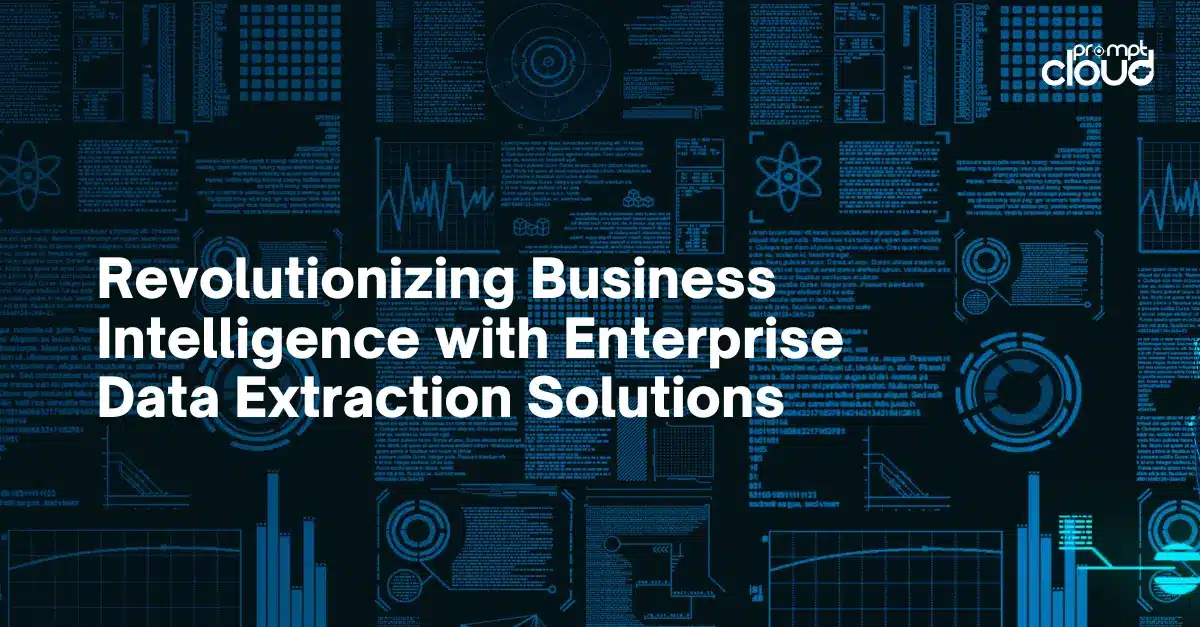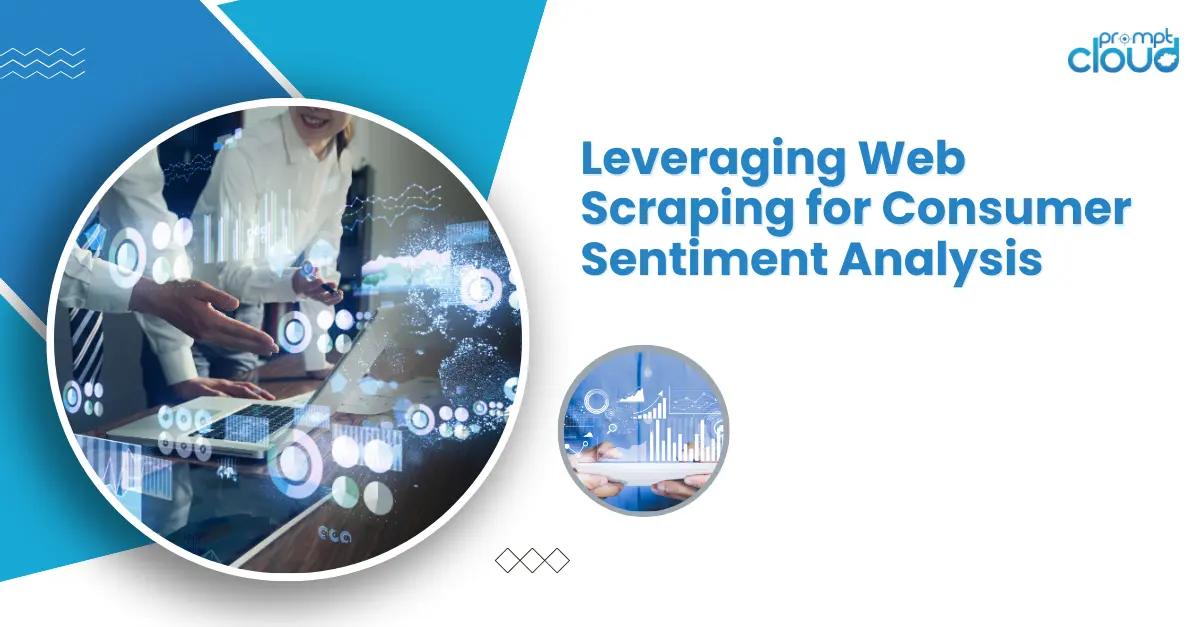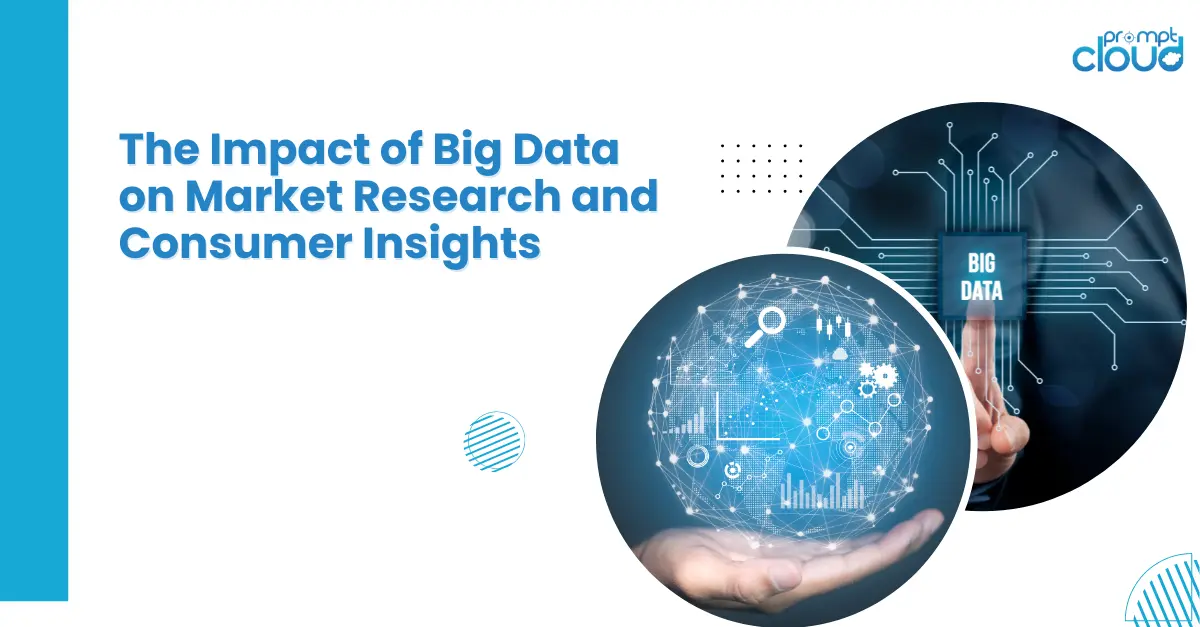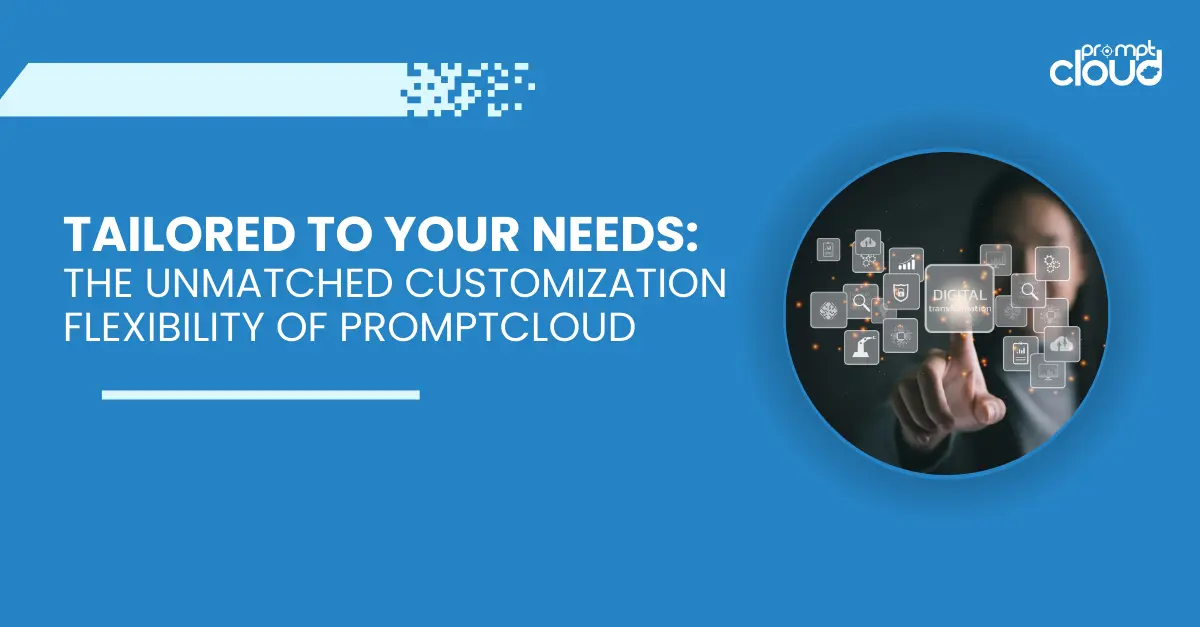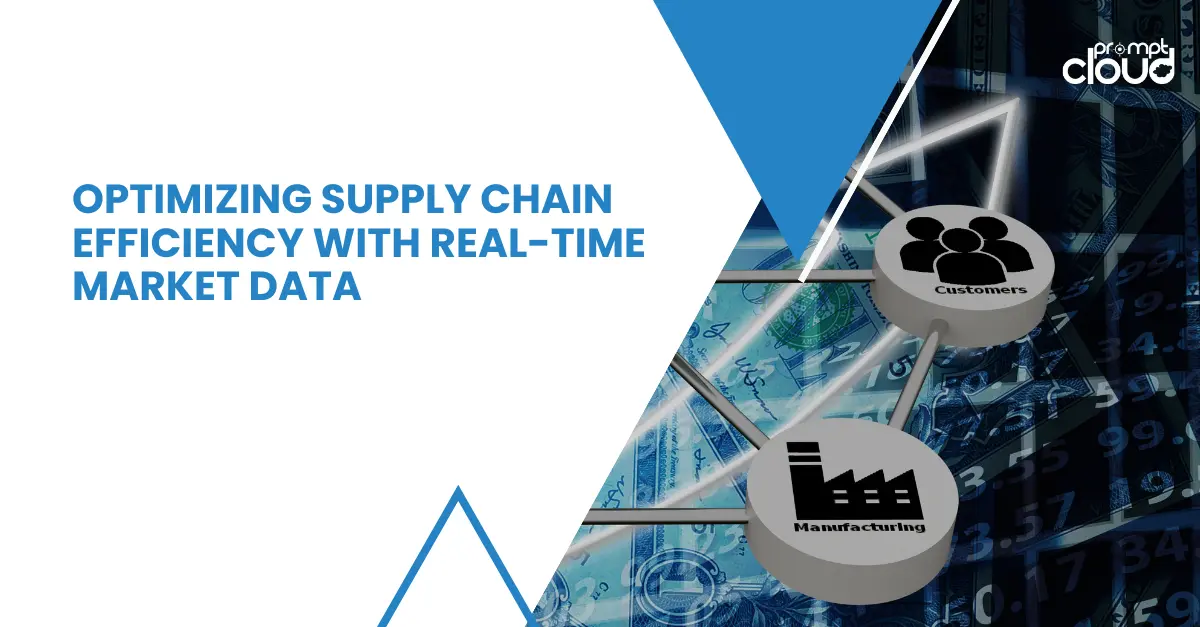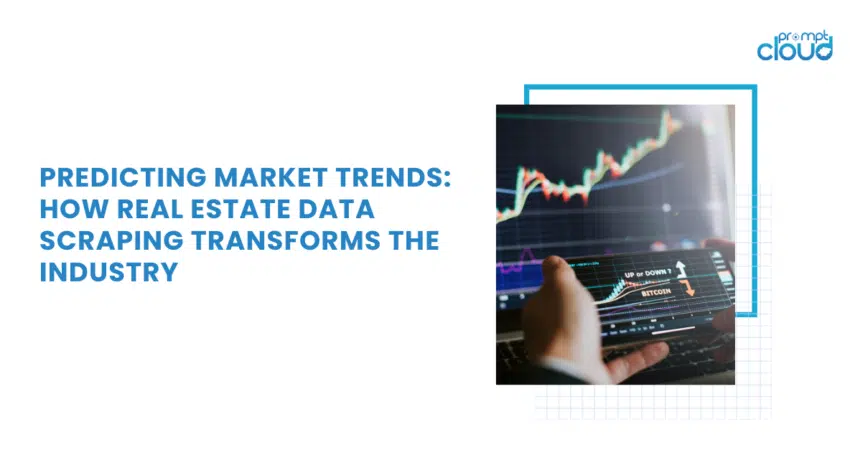
Introduction
In the dynamic world of real estate, understanding and anticipating market trends is crucial for success. The advent of data scraping technologies has ushered in a new era of market analysis, enabling professionals to make well-informed decisions. This in-depth exploration delves into how data scraping is revolutionizing the industry, changing the way trends are predicted and strategies are formulated.
What is Data Scraping?
Data scraping is an innovative process of automated data extraction from various online sources. In real estate, it translates to gathering a wealth of information, from property listings and market trends to demographic data and client feedback. This technology allows for the accumulation of vast amounts of data, which, when properly analyzed, can reveal hidden market patterns and opportunities.
Understanding the Sources of Real Estate Data
Real estate data comes from a myriad of sources, each offering unique insights into the market. Key sources include:
- Public Records: Government entities maintain records on property sales, ownership transfers, and property taxes. These records are a goldmine for historical property data.
- Real Estate Websites and Portals: Websites like Zillow, Realtor.com, and Redfin provide extensive listings data, including current market prices, property features, and historical sales data.
- Local Real Estate Market Reports: Many local real estate agencies publish detailed market reports that offer insights into local market trends, price movements, and future projections.
- Industry Publications and Surveys: Publications specific to the real estate industry often contain valuable data and analyses on market trends, buyer behavior, and economic factors affecting real estate.
Utilizing Technology for Data Collection
- Data Scraping Tools: Leveraging data scraping tools can automate the process of collecting data from various online sources. These tools can be programmed to extract specific data sets from websites and databases.
- APIs (Application Programming Interfaces): Many real estate websites and platforms offer APIs that allow for direct access to their data in a structured format.
- Real Estate Data Service Providers: Companies specializing in real estate data provide comprehensive data sets, often with added insights and analyses. These services can be a valuable resource for in-depth market data.
Challenges in Data Collection
While collecting real estate data, it’s important to be aware of the challenges:
- Data Accuracy and Reliability: Ensuring that the data collected is accurate and up-to-date is crucial. Inaccurate data can lead to faulty analyses and decisions.
- Legal and Ethical Considerations: When scraping data or using APIs, it’s important to comply with legal regulations and ethical standards, particularly concerning user privacy and data protection.
Best Practices in Data Collection
To maximize the effectiveness of real estate data collection:
- Diversify Data Sources: Relying on a variety of data sources can provide a more comprehensive view of the market.
- Regular Updates: Real estate data can quickly become outdated. Regularly updating the data ensures that analyses are based on the most current information.
- Utilize Advanced Analytical Tools: Employing advanced data analysis tools can help in efficiently processing large data sets and extracting meaningful insights.
Revolutionizing Market Analysis with Data Scraping
Transforming Traditional Analysis
Data scraping provides a more comprehensive and nuanced understanding of the real estate market compared to traditional analysis methods. It offers insights into aspects like regional property value trends, buyer preferences, and market saturation levels. Such granular analysis was once beyond reach but is now readily accessible.
Case Studies and Real-World Examples
Several case studies highlight the effectiveness of data scraping in real estate. For instance, a real estate firm in California used data scraping to analyze housing trends in the Bay Area. This analysis not only predicted a rise in housing demand following tech industry growth but also identified which neighborhoods were most likely to see the highest appreciation in property values.
Predictive Analytics in Real Estate
Understanding Predictive Analytics
Predictive analytics involves using historical and current data to forecast future trends. In real estate, this means predicting property value fluctuations, identifying emerging markets, and understanding buyer behavior patterns. Data scraping feeds into predictive models, offering a wealth of information that enhances their accuracy.
Impact on Stakeholders
Investors, developers, and buyers all benefit from accurate forecasts. Investors can spot emerging markets, developers can plan projects in high-growth areas, and buyers can make informed purchasing decisions. The accuracy of these predictions directly influences the profitability and success of real estate ventures.
Investment Strategies Reinvented
Identifying Opportunities
Investors using data scraped from multiple sources can pinpoint investment opportunities with a higher likelihood of high returns. This approach enables them to be proactive rather than reactive, investing in areas before they become mainstream hotspots.
Risk Assessment and Management
Risk management is a critical component of real estate investment. Data scraping provides a comprehensive risk profile of potential investments, considering factors like market volatility, demographic shifts, and economic trends.
Case Example
Consider an investor who used data scraping to identify a trend in rising demand for sustainable living spaces in urban areas. By investing early in green buildings, they capitalized on this trend, achieving substantial returns as the market grew.
Enhancing Customer Experience and Targeting
Personalized Experiences
In real estate, meeting client expectations is key to closing deals. Data scraping allows firms to understand client preferences in depth, enabling them to offer personalized property recommendations, tailored financing options, and more.
Data-Driven Marketing
Marketing strategies in real estate are increasingly data-driven, thanks to data scraping. By understanding buyer demographics and preferences, firms can target their marketing efforts more effectively, resulting in higher engagement and conversion rates.
Ethical and Legal Considerations
Data scraping, while powerful, raises ethical and legal questions, particularly concerning data privacy and ownership. Navigating these challenges requires a thorough understanding of legal frameworks and ethical guidelines.
Ensuring Data Accuracy
The reliability of scraped data is paramount. Inaccurate data can lead to misguided decisions and significant financial losses. Establishing robust data verification processes is essential to mitigate this risk.
The Road Ahead: Future of Data Scraping in Real Estate
Emerging Trends and Technologies
The future of data scraping in real estate looks promising, with advancements in AI and machine learning poised to enhance data analysis capabilities further. These technologies are expected to refine the predictive analytics process, making forecasts even more accurate.
Shaping the Industry
Data scraping is not just a tool for understanding the market; it’s set to become a key driver in shaping future real estate trends. As more firms adopt data-driven approaches, the industry as a whole will evolve, becoming more responsive to subtle market shifts and consumer needs.
Conclusion
Data scraping has become an indispensable tool in the real estate industry, enabling professionals to predict market trends with an accuracy previously unattainable. This technology empowers decision-makers to navigate the complex real estate market confidently, ensuring more strategic investments, targeted marketing, and satisfied clients. As we move forward, the role of data scraping in shaping the future of real estate cannot be overstated.












